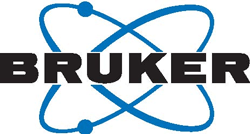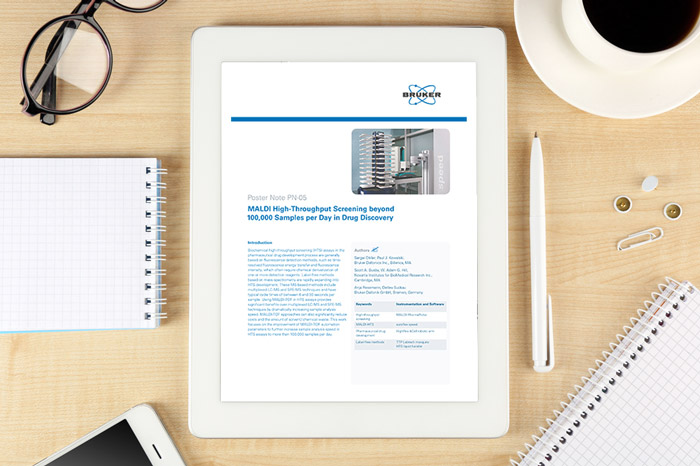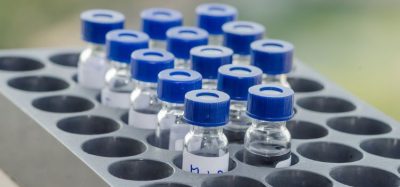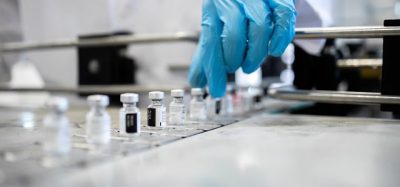Poster note: MALDI high-throughput screening beyond 100,000 samples per day in drug discovery
This work focuses on the improvement of MALDI-TOF automation parameters to further increase sample analysis speed in HTS assays to more than 100,000 samples per day…
Biochemical high-throughput screening (HTS) assays in the pharmaceutical drug development process are generally based on fluorescence detection methods, such as timeresolved fluorescence energy transfer and fluorescence intensity, which often require chemical derivatisation of one or more detection reagents.
Label-free methods based on mass spectrometry are rapidly expanding into HTS development. These MS-based methods include multiplexed LC-MS and SPE-MS techniques and have typical cycle times of between 6 and 30 seconds per sample. Using MALDI-TOF in HTS assays provides significant benefits over multiplexed LC-MS and SPE-MS techniques by dramatically increasing sample analysis speed. MALDI-TOF approaches can also significantly reduce costs and the amount of solvent/ chemical waste. This work focuses on the improvement of MALDI-TOF automation parameters to further increase sample analysis speed in HTS assays to more than 100,000 samples per day.
This poster note is restricted - login or subscribe free to access


Why subscribe? Join our growing community of thousands of industry professionals and gain access to:
- bi-monthly issues in print and/or digital format
- case studies, whitepapers, webinars and industry-leading content
- breaking news and features
- our extensive online archive of thousands of articles and years of past issues
- ...And it's all free!
Click here to Subscribe today Login here









